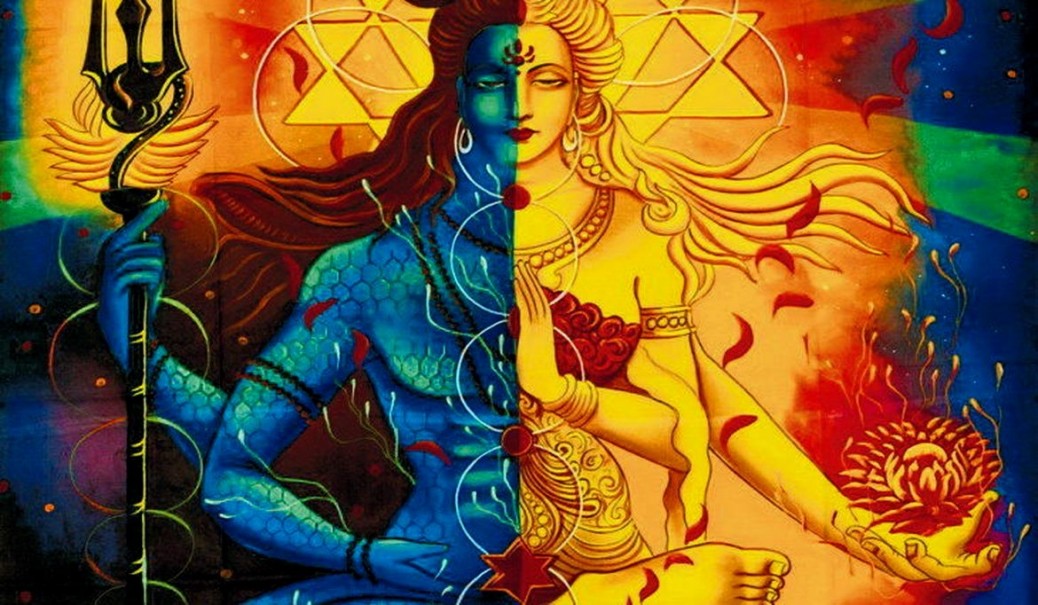VBT – Meditation 112.3
Simply Certain
If your knowledge is uncertain, then remember it is not knowledge. People go to Osho and they say, “Our meditation is going very well. We are feeling very happy.” And then suddenly they ask me, “What do you say about it? Is our happiness really there? Are we really happy?” They ask me! They are not certain about their happiness. What type of knowledge is this? They are simply pretending.
But they cannot deceive themselves. They are thinking, they are hoping, they are wishing – but they are not happy. Otherwise what is the need to ask Osho? Osho will never go to ask anybody whether he is happy or not. Why should he? If he is happy, he is happy. If he is not, he is not. Who else can give proof of it? If he cannot be a witness, who will be a witness for him, and how can the other be a witness? So sometimes he plays games. Sometimes he says, “Yes, you are happy. You are absolutely happy.” And they become more happy just by hearing him. And sometimes he says, “No, you don’t show anything. There is no indication. You are not happy. You must have been dreaming.” And they drop, their happiness disappears, they become sad. What type of happiness is this? Just by saying that you are happy it increases; and just by saying that you are not, it disappears! They are just trying to be happy but they are not. This is not knowledge, this is just wish-fulfillment. They hope, and they think they can deceive themselves. By thinking that they are happy, believing that they are happy, finding some proof, finding some certificate from somewhere that they are happy, they think that they will create happiness. It is not so easy. When something happens in the inner world, you know it has happened. You don’t need any certificate, you don’t need one! The very search for someone to approve is childish. It shows that you long for happiness, but you have not attained it. You don’t know it. It has not happened to you.
One who has realized is always certain, and when I say certain, sure, absolutely sure, I don’t mean that he feels some uncertainty somewhere, and against that uncertainty he feels certain – no. He is simply certain. There is no question of uncertainty. I am alive. Am I certain about it, sure about it?
There is no question. There is no question of certainty. It is absolutely certain. It does not have to be decided. I am alive.
Socrates was dying and someone asked him, “Socrates, you are dying so easily, so happily. What is the matter? Are you not afraid? Are you not scared?” Socrates said a very beautiful thing. He said, “Only two things are possible after I am dead: either I will be or I will not be. If I am not, then there is no question. No one is there to know it, to know that ‘I am not’. The whole thing simply disappears.
And if I am there, then there is no question – ‘I am’. Only two are the possibilities: either I will be, or I will not be, and both are okay. If I am, then the whole thing continues. If I am not, then there is no one to know, so why be worried?”
He is not an enlightened one, but he is a very wise man. Remember, this is the difference between a wise one and an enlightened one. A wise one thinks deeply, penetrates intellectually into everything, and comes to a conclusion. He is a very wise man. He says that there are two alternatives.
Logically he penetrates into the phenomenon of death: “only two are the possibilities: either I simply disappear, I am no more; or I will remain.” Is there any third alternative? There is no third alternative.
So Socrates says, “I have thought about both. If I remain, then there is no question to be worried about. If I am no more, there is no one to worry. So why be worried now? I will see what happens.” He is not in the know, he doesn’t know what is going to happen, but he has thought about it wisely. He is not a Buddha, he is the keenest intellectual possible. But if you can become wise – not enlightened, because enlightenment is neither wisdom nor ignorance, the duality has been transcended – even if you can become wise, you will feel relaxed; even if you can become wise, you can feel very content.
But wisdom is not the goal of Tantra or yoga. Tantra and yoga aim for the superhuman, the point where wisdom and ignorance are both transcended: where one simply knows and does not think, where one simply looks and is aware.
Tags: Simply Certain




